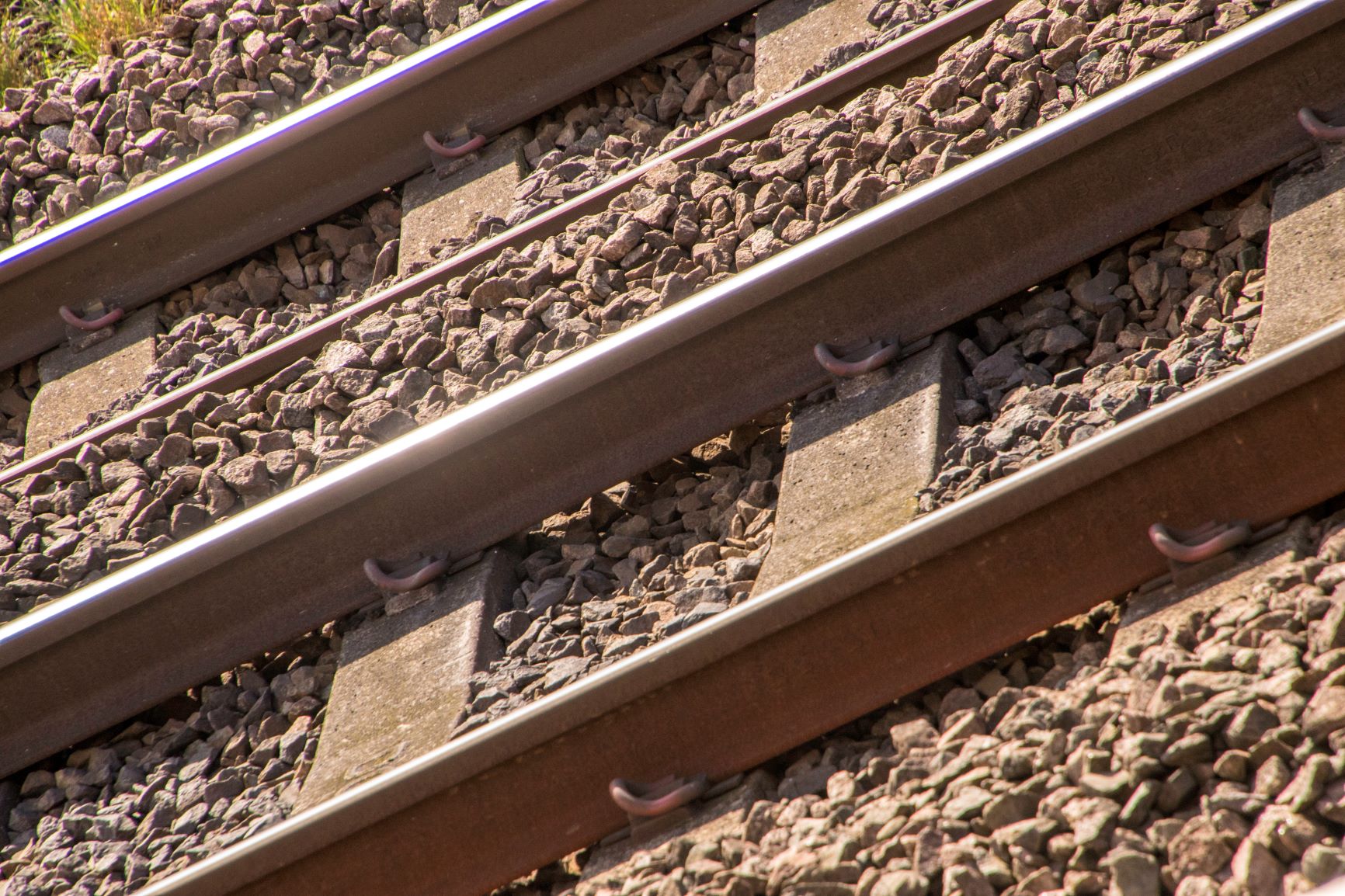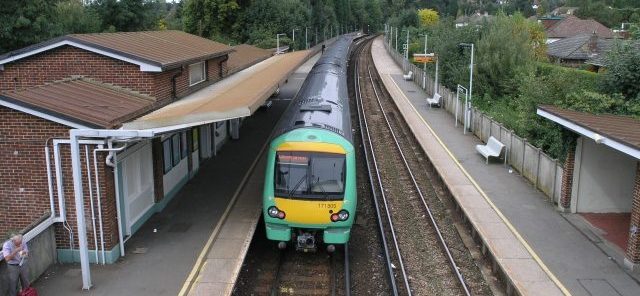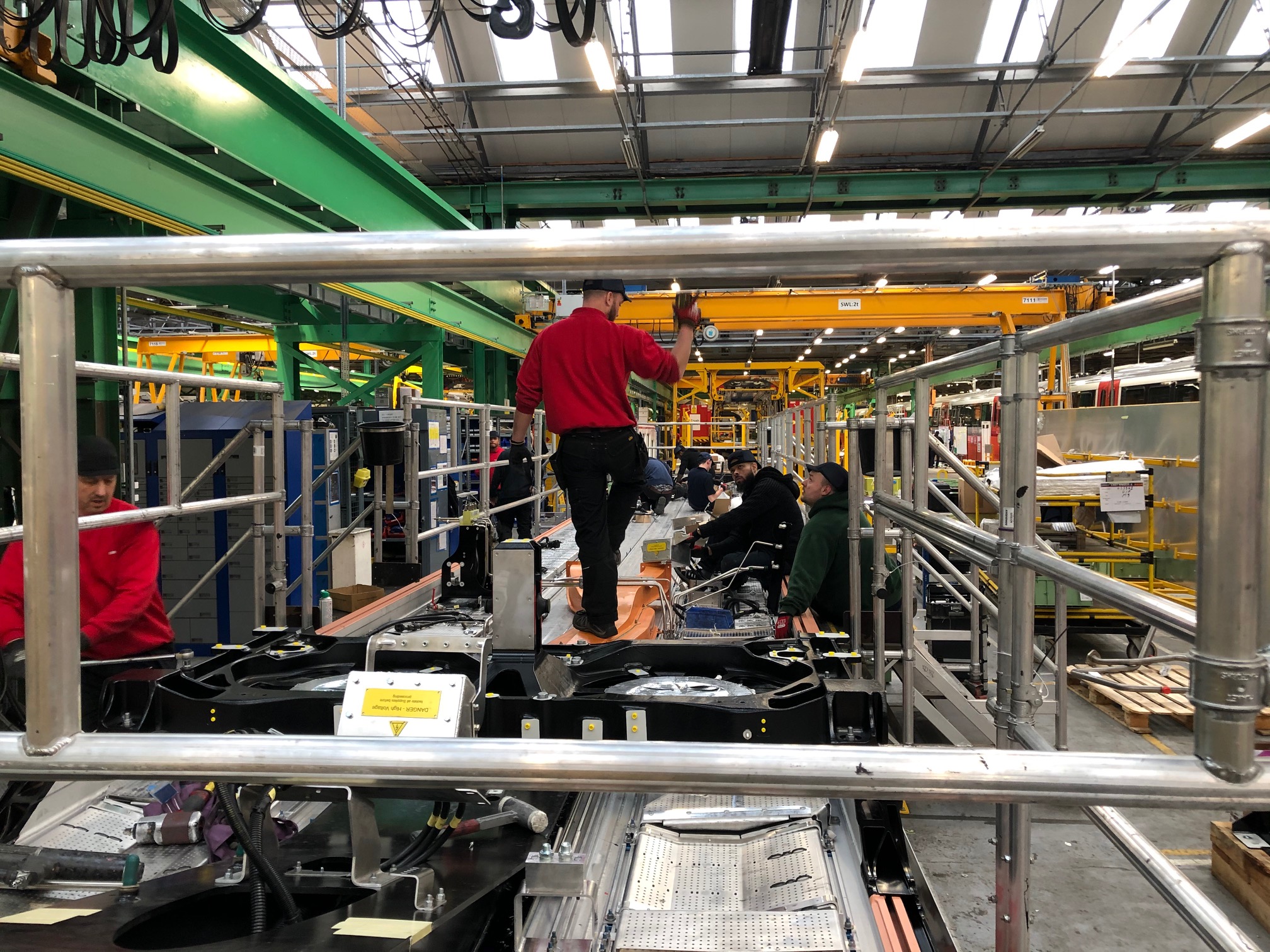Accessible transport for all
Congress hailed the announcement by London mayor Sadiq Khan last week that London TravelWatch would undertake a review of ticket office closures, a move that was the subject of an emergency motion on the last day of the TUC conference yesterday (September 14).
The review is to “consider the impact of ticket office closures on passengers with the aim of ensuring that they can travel safely on the Tube network, purchase the right ticket easily, and access the information and support they need to get around London”.
Congress believes that this review is an important stepping-stone to retaining ticket offices and saving jobs that keep passengers safe and help the service run more efficiently, and it largely came about thanks to rail unions’ industrial action as well as coordinated campaigns from various groups.
In the motion, which was carried, trade unions called on the review to be open-minded and evidence-based.
Unite delegate Sean McGovern, who spoke in support of the motion said the review into ticket office closures is “to be hugely welcomed” and paid tribute to a “concerted campaign by rail unions, communities, passenger and disability groups.”
He highlighted the specific concerns of disabled passengers.
“Disabled passengers have repeatedly raised that having ticket offices means there is a known and fixed point at the station where disabled people can access information and any staff assistance they need,” McGovern argued.
“The proposals had been that while large stations – such as Euston or Kings Cross – would have fixed information points that were staffed in other underground stations staff would be â€roaming’, making it harder for disabled people – particularly those with visual impairments – to find staff,” he pointed out.
McGovern noted that the review is an “important step” in ensuring the wider accessibility of rail transport.
“If we can win the argument for staffed ticket offices [on the London Underground] it strengthens our campaign outside of London against ticket office closures on our national rail network,” he explained.
McGovern highlighted two trends that mean disabled people are being left behind when it comes to rail transport.
On the hand, the number of disabled people using the railways has increased in recent years – the number of disabled railcards in circulation has risen by 12 per cent year on year, which shows that accessibility is more important now more than ever before.
On the other hand, the closure of staffed ticket offices and a cut of ÂŁ50m from the â€Access for All’ scheme threatens to throw the increasing accessibility of public transport backwards.
“Our public transport should be accessible to all members of the public – and that includes disabled people,” McGovern argued. “For too long this has not been the case and we still have a distance to go.
“Anything that moves us even further away from that goal must be actively campaigned against.”
 Like
Like Follow
Follow


